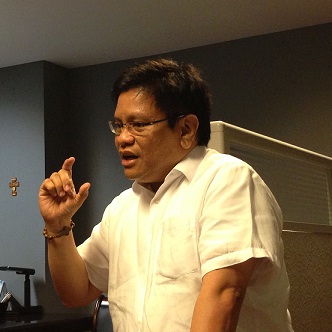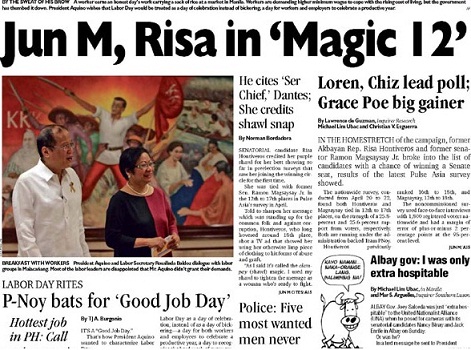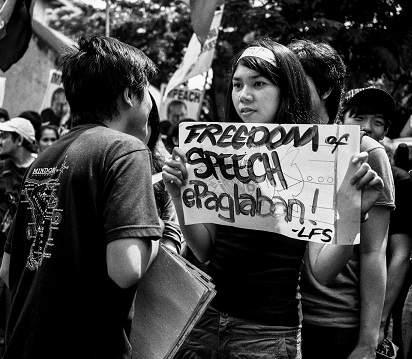Social media is flooded with the report on the death of Glee actor, Cory Monteith, who was found dead in his hotel room (Fairmont Pacific Rim Hotel) in Vancouver Saturday (Sunday, Manila time) due to drug overdose, news reports said.

We learned about the passing away of Ruben only yesterday from another friend in Canada and we immediately wrote his wife, Tess, who replied: “I am still devastated because it was so sudden. This morning was his funeral so we gave him a good send off. His Upsilon brods gave him their farewell.”
Ruben was a reporter of the Elizalde-owned Evening News before martial law was imposed on Sept. 21, 1972. He was one of the journalists thrown into prison during the early days of martial law.
In late 1974, Ruben immigrated to Canada and settled in Toronto where he published Balita.
Balita was not the usual community paper that chronicled merely the social activities of the Filipino immigrants. As Balita’s profile states, “ Cusipag’s views evolved over time, from assertive politics to a milder apolitical tone, and Balita lived up to its promise to provide frank, sincere, and honest-to-goodness discussion of the Philippine problem.”






